Connect with us
News

AI techniques used to improve battery health and safety
Researchers have designed a machine learning method that can predict battery health with 10x higher accuracy than current industry standard, which could aid in the development of safer and more reliable batteries for electric vehicles and consumer electronics.
6 April 2020
News

Cambridge researchers awarded European Research Council funding
Four researchers at the University of Cambridge have won advanced grants from the European Research Council (ERC), Europe’s premier research funding body.
1 April 2020
News
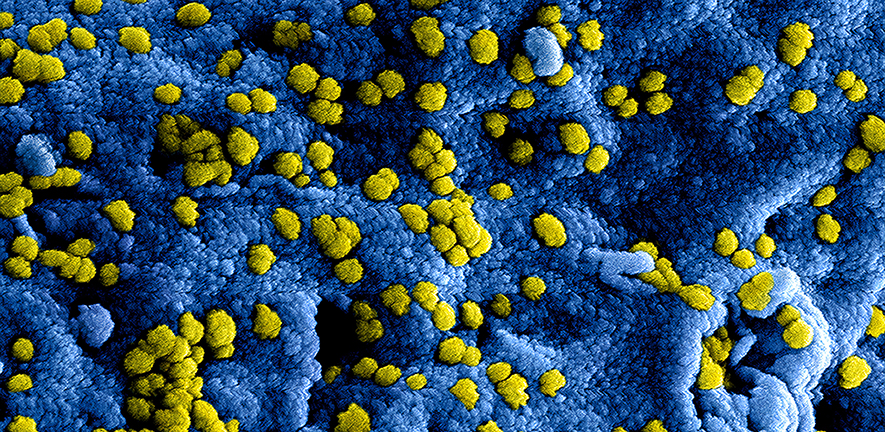
Identification of viruses and bacteria could be sped up through computational methods
A new multinational study has shown how the process of distinguishing viruses and bacteria could be accelerated through the use of computational methods.
30 March 2020
News
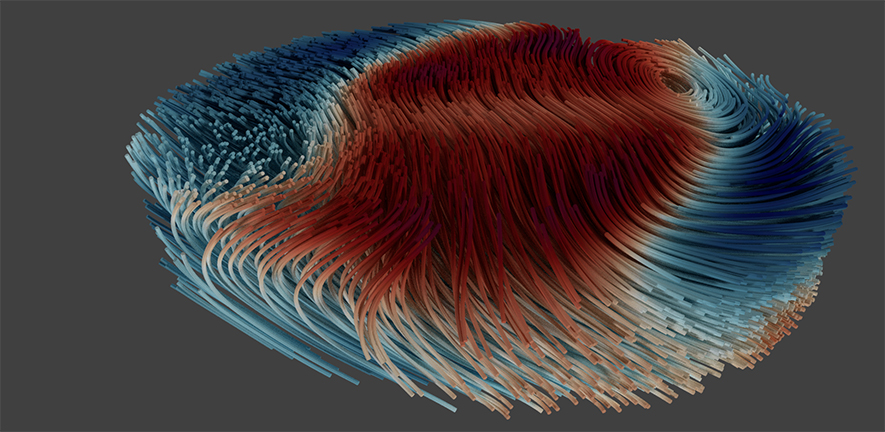
Watching magnetic nano ‘tornadoes’ in 3D
Scientists have developed a three-dimensional imaging technique to observe complex behaviours in magnets, including fast-moving waves and ‘tornadoes’ thousands of times thinner than a human hair.
24 February 2020
News
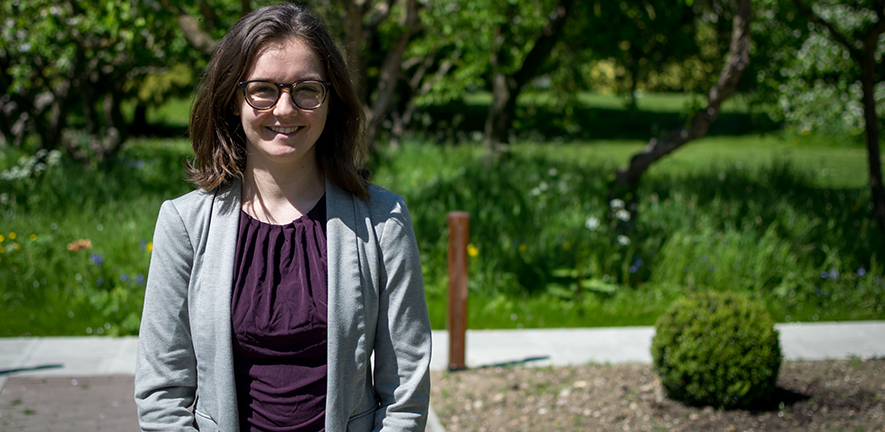
Women in STEM: Angela Harper
Angela Harper is a PhD candidate at the Cavendish Laboratory, a member of Churchill College, and a Gates Cambridge Scholar. Here, she tells us about her work in renewable energy, setting up a Girls in STEM programme while she was an undergraduate in North Carolina, and the importance of role models when pursuing a career in STEM.
2 January 2020
News
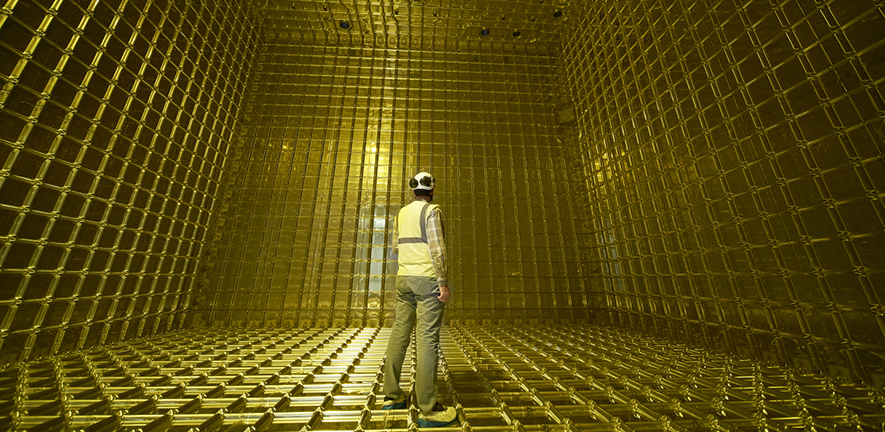
UK researchers awarded £30m for global science project to better understand matter and antimatter
Cambridge researchers will receive funding as part of a £30m investment in the DUNE experiment, which has the potential to lead to profound changes in our understanding of the universe.
10 December 2019
News

Cambridge Zero
If we are to avert a climate disaster, we must sharply reduce our emissions, starting today. Cambridge Zero, the University's ambitious new climate initiative, will generate ideas and innovations to help shape a sustainable future - and equip future generations of leaders with the skills to...
26 November 2019
News
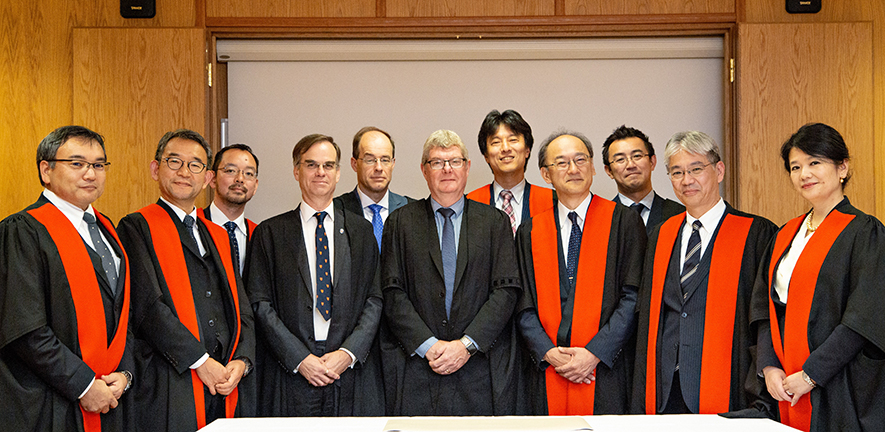
Hitachi and Cambridge renew 30 year research partnership
The University of Cambridge and Hitachi Ltd have signed a new agreement to continue and grow their long-standing relationship through the Hitachi Cambridge Laboratory (HCL), part of the European R&D Centre of Hitachi Europe Ltd.
18 November 2019